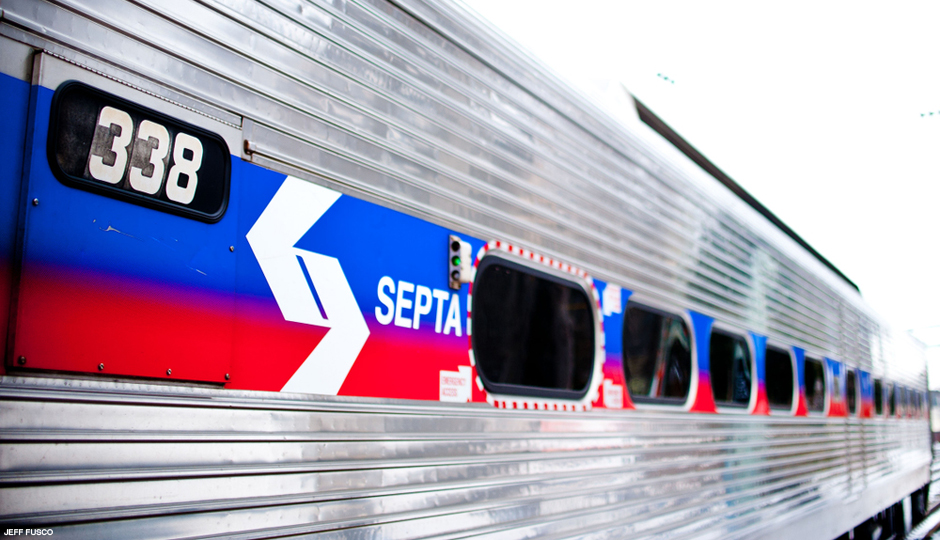SEPTA, Others Turn to Hackers to Improve Transit
SEPTA and others have turned to hackers to help enhance the mass transit experience throughout Philadelphia.
This past weekend, SEPTA and Code for Philly hosted a hack-a-thon to figure ways to better get around the city. A couple dozen coders met at SEPTA’s Center City headquarters to use the organization’s open data to improve the public transportation.
Here are two apps that caught our eye:
Septa.ninja uses a crowdsourcing platform in which users who first notice a station issue and/or service delay with a SEPTA service — trolley, subway, PATCO and regional rail, and the Norristown High Speed Line — can report the issue, including a handy tweet button that tweets to SEPTA. That allows SEPTA’s followers to see it instantly.
OpenTripPlanner provides a trip planner that allows users to design a trip using trains, buses and even bike share to get around town. Users can enter origin, destination, preferred and banned routes, preferred mode(s) of travel, and other information to customize their journey.
The hack-a-thon is in its fourth year and is sponsored by Azavea, ThoughtWorks Inc., and Jarvus, each of which sent panelists to assess the real-world viability of the various applications, said CBS Philly.
Michael Zaleski, SEPTA’s Director of Emerging and Specialty Technologies, said the transit agency hopes for a way to integrate the trip planner — a work in progress — into its website to give users even more options aside from its Plan My Trip offering.
The apps that pull from SEPTA’s open data use a host of information, including service delays, outages, next to arrive information, transit locations and Center City arrivals, among other data. Also available are static data, including schedules and fare information.
Also in the works, Zaleski said, is an app that uses data from various sources to track transit movements across the city and places them on a visualizer. That will hopefully come with accompanying music, which could potentially become a public art installation in Philadelphia.
Another notable application developed during the hack-a-thon, is Parking Assistant, a parking planner which helps users find long-term parking options throughout the city, along with attractions, transit stops, restaurants and cafés in the vicinity of the parking location.



